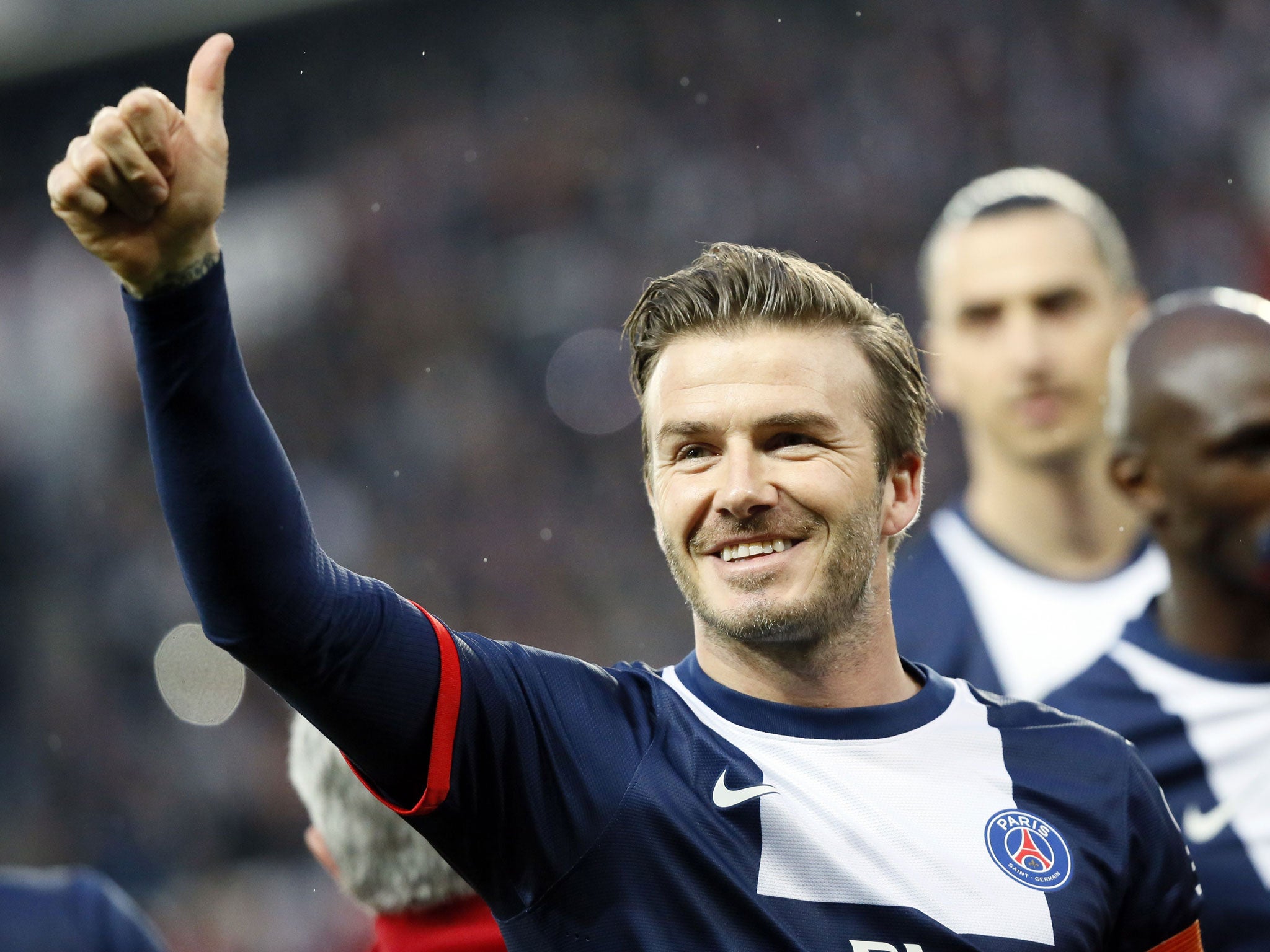Mind over body: The prejudice of intellectuals
Why is it that our society discriminates in favour of brains over beauty?

Discrimination is a dirty word. Yet we happily discriminate in favour of the intellect and against the physical. “I think therefore I am” goes Descartes' oft-repeated assertion. In his wake, we privilege the mind without any embarrassment. But why is it that we attribute greater value to mental abilities than to physical beauty and can this prejudice of intellectuals ever be overturned?
At every level of society, we look to the brain as a source of enlightenment while relegating the body to secondary status. Beauty pageants are habitually criticised for sending out the ‘wrong message’ about the importance of looks. The Mind Sports Olympiad draws no such criticism – in fact, it is a highly celebrated platform for mental gymnastics.
We value the study, the effort and training that participants in such cerebral events undertake. From childhood, we are told to work hard, to do well in exams and we take it for granted that we are judged by our intellectual success. The process of mental improvement is long and arduous, but well rewarded socially, both in terms of social status and financially in a demanding and competitive job market.
‘Improvement’ in the world of the physical is more controversial. Imagine a school that had lessons on how to improve the body and exams based on physical beauty and skills. Cosmetic surgery, ever more widely available, is not universally accepted as a positive or moral activity despite the fact that betterment here as with the intellect, can lead to financial rewards. According to a Newsweek poll, 72 per cent of hiring managers admitted that physical attractiveness is beneficial to applicants. In popular culture there are also perks to being good-looking. More people are likely to know of a supermodel than a Booker Prize-winner. More is the pity you exclaim. But there's the rub. Why are we comfortable to show off our intellectual prejudice?
David Beckham is one of the world’s most famous men, and not because of his mind; he has both physical attractiveness and physical skill. Elsewhere, the autobiography of surgically enhanced Katie Price, aka glamour model Jordan, outsold Ian McEwan’s Atonement by 10:1. Yet intellectuals continue to demean the body. While attention is accorded to looks or sporting ability, and certain individuals are paid a huge amount of money for these attributes, we don’t value them in any weighty sense; in the pecking order of status a glamour model or footballer doesn’t rate as highly as a novelist no matter by how many more books they may have sold.
It’s a question we’ll be asking in ‘The Prejudice of Intellectuals’ at this year’s HowTheLightGetsIn festival, in which LSE Sociologist and Erotic Capital theorist Catherine Hakim, historian of ideas Hannah Dawson and acclaimed novelist Jim Crace will debate the values of the mind and the body.
The defence of intellectual prejudice appears effortless. What matters to our current way of life and glues society together is the success of the economy and the smooth operation of our social institutions. We privilege intelligence because it enables us to drive growth and compete in a global market and to operate the complex web of cultural and political organisations. So the prejudice of intellectuals becomes an unavoidable symptom of modern society rather than another case of the intelligent favouring their own.
Successful societies of old, however, did not operate on this basis. In the culture of the Athenians or of Sparta, those with a strong, fast or skilful physique were the chosen ones, the warriors and the heroes elevated to the status of demi-gods. Platonic love is revered in our culture for its exclusive focus on the mental faculties: spirituality, intellect, emotion. And yet Plato and his ancient compatriots held a well-recognised passion not just for philosophy and literature but also for more physical interests: sport, the erotic, sculpture.
Unquestionably, physical beauty and skill determines our success as well as our intellect and for that matter many other qualities. Should the influence of beauty be a guilty secret while interest in brainwork is both admitted and admired? Is it possible that in some future culture our open discrimination in favour of intellect will seem as bizarrely hierarchical and prejudiced as the slave trade?
There is a deeper and even more puzzling issue lurking here. Is it that every culture has to discriminate in some way or other in order to structure society - and we chose to discriminate in favour of the intellect? If so, perhaps discrimination is rather less of a dirty word than we like to imagine.

Join our commenting forum
Join thought-provoking conversations, follow other Independent readers and see their replies